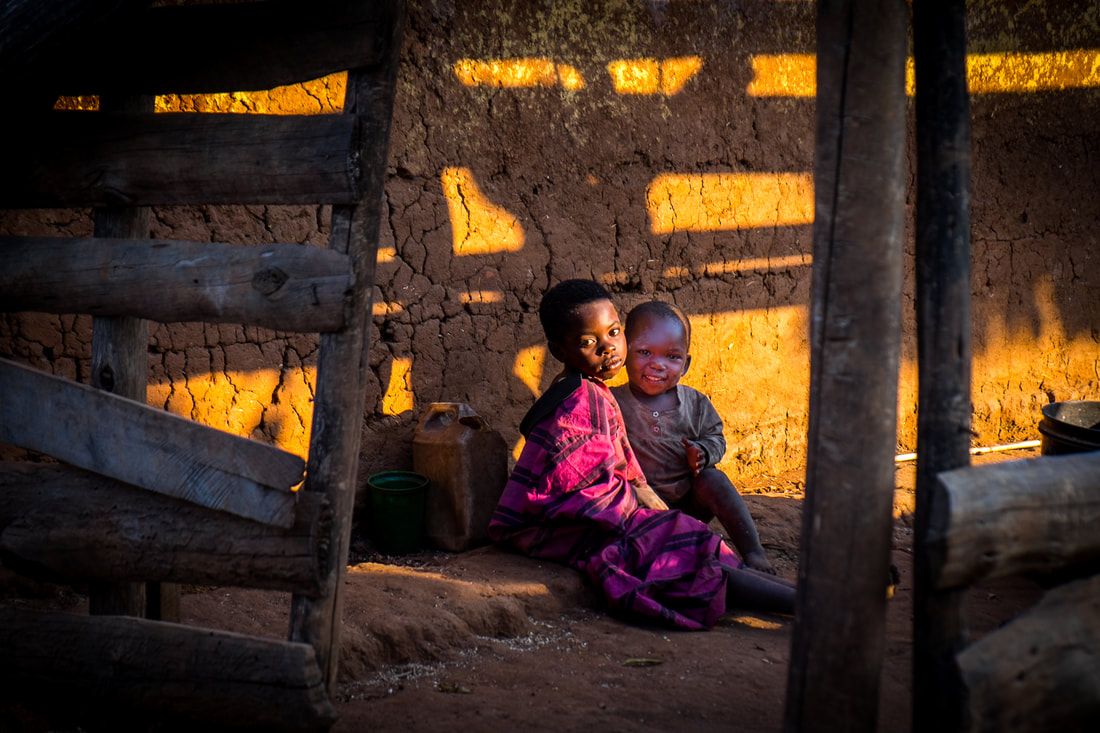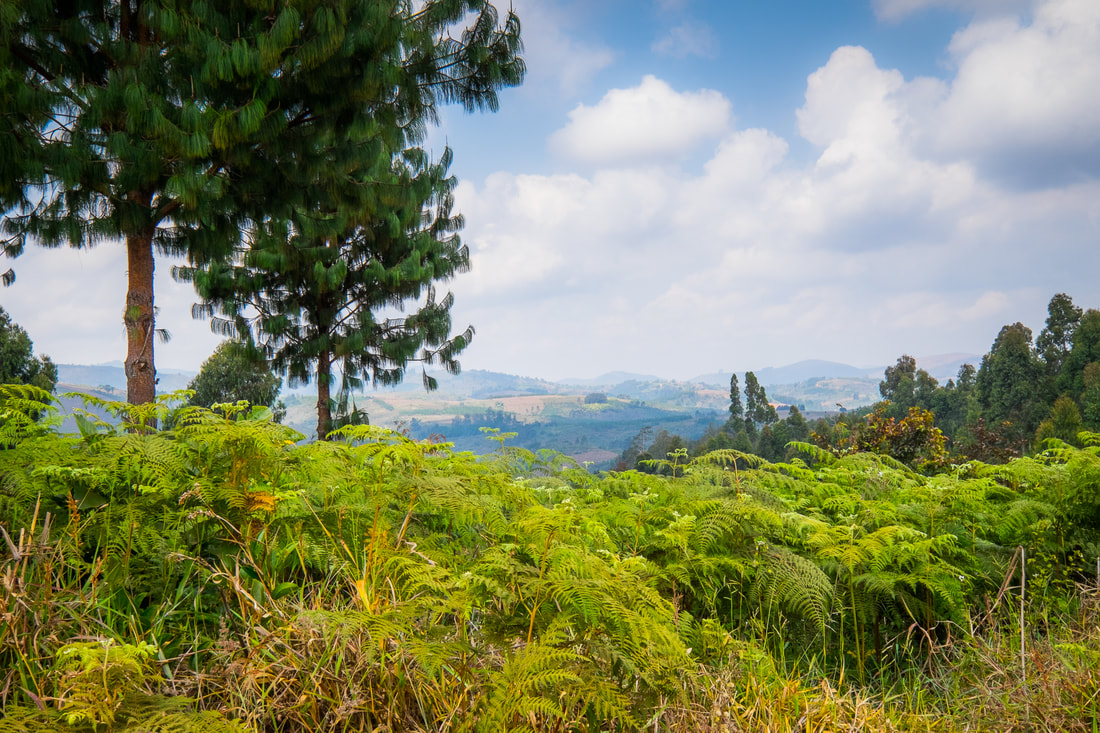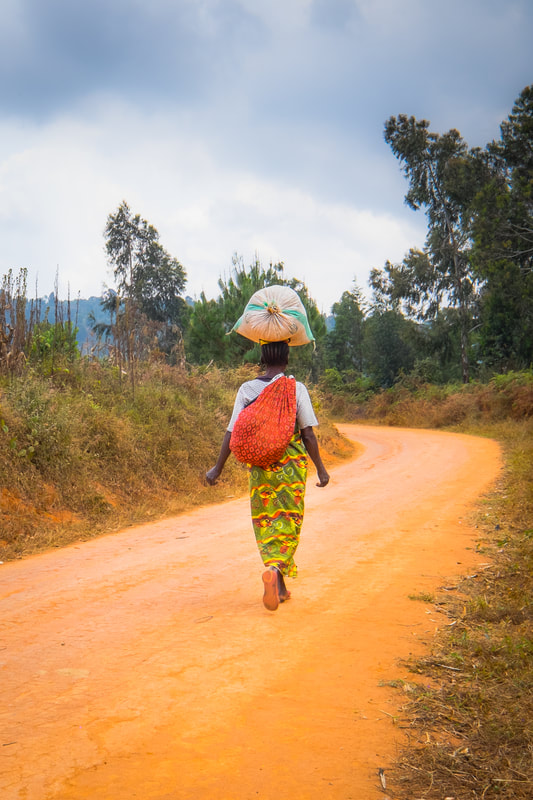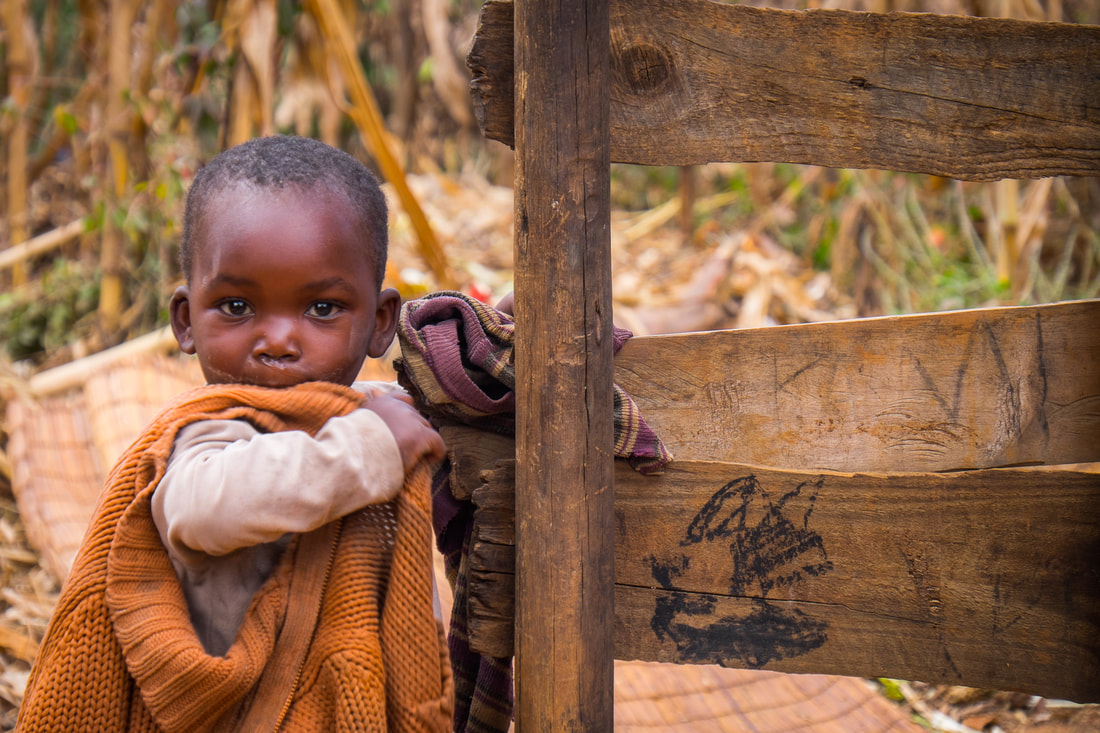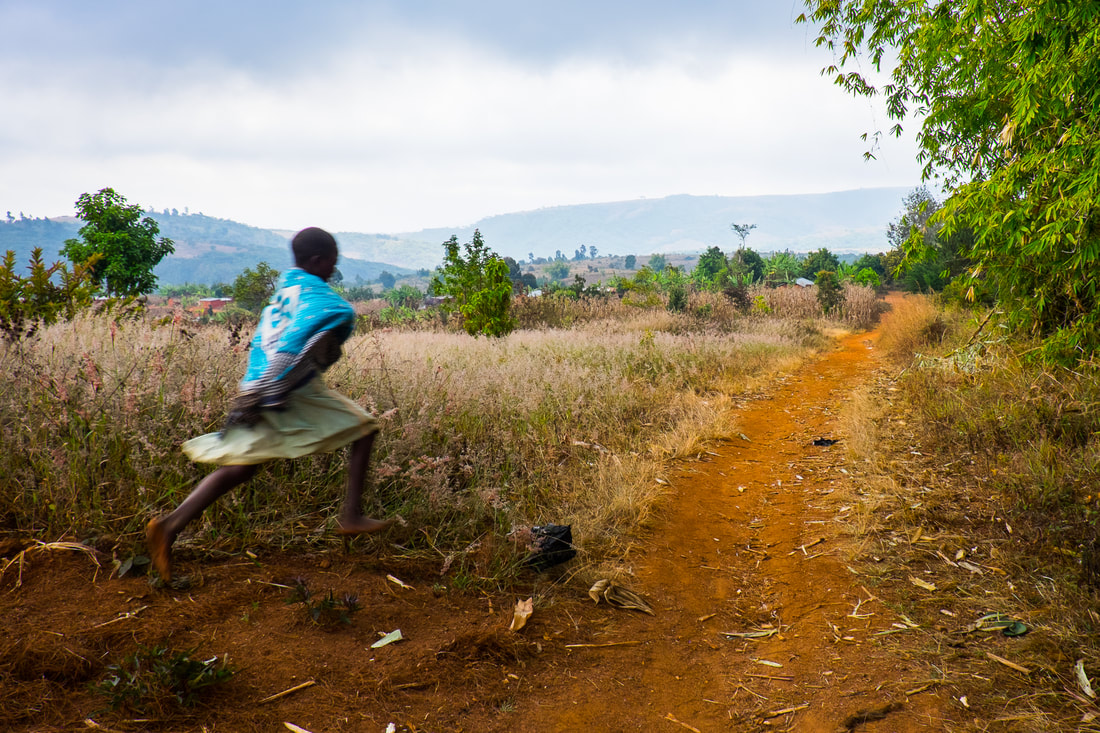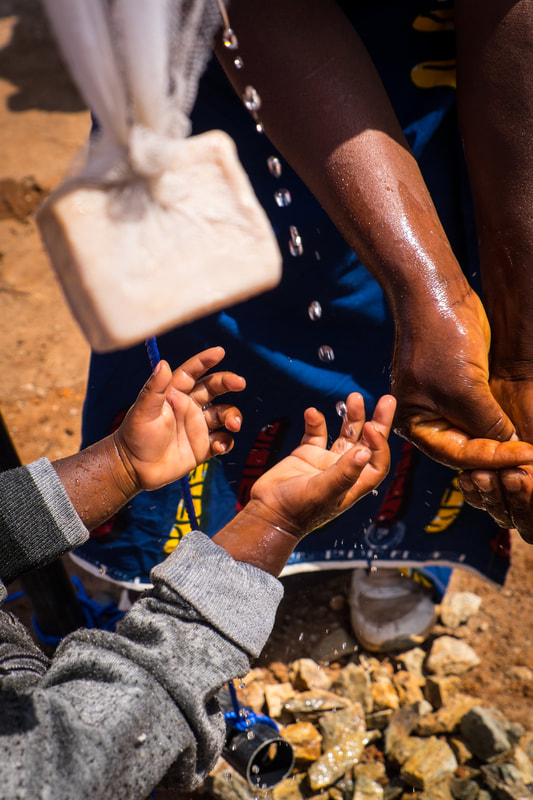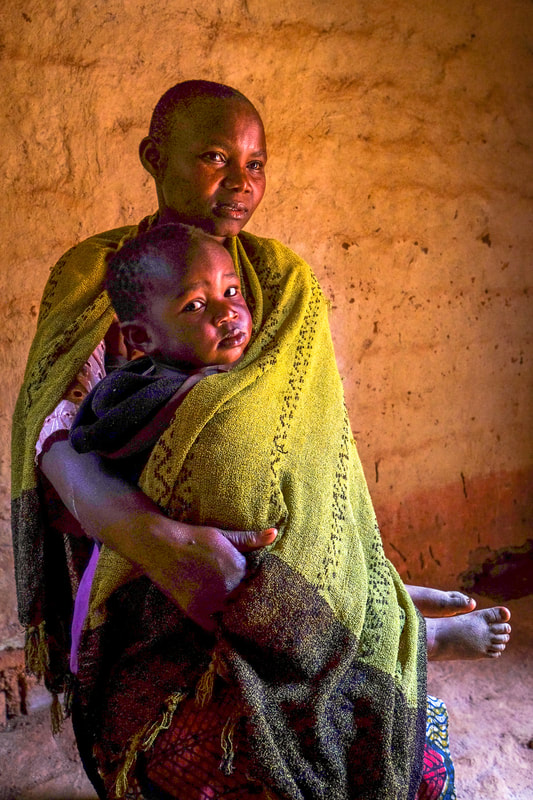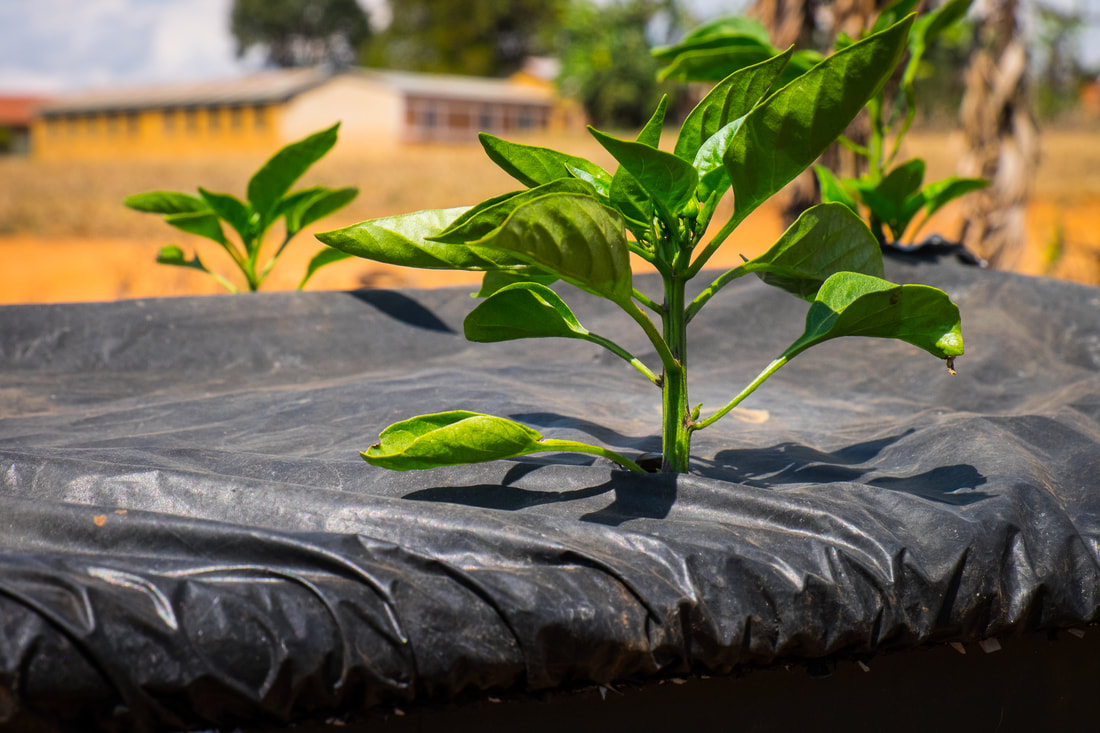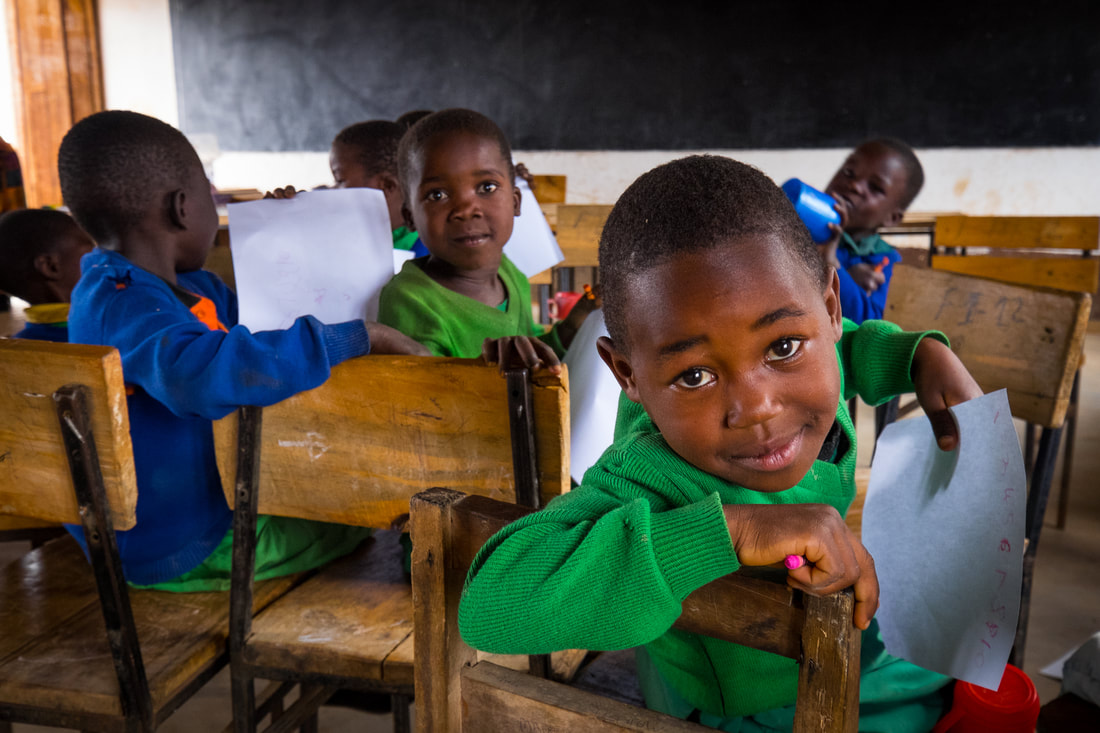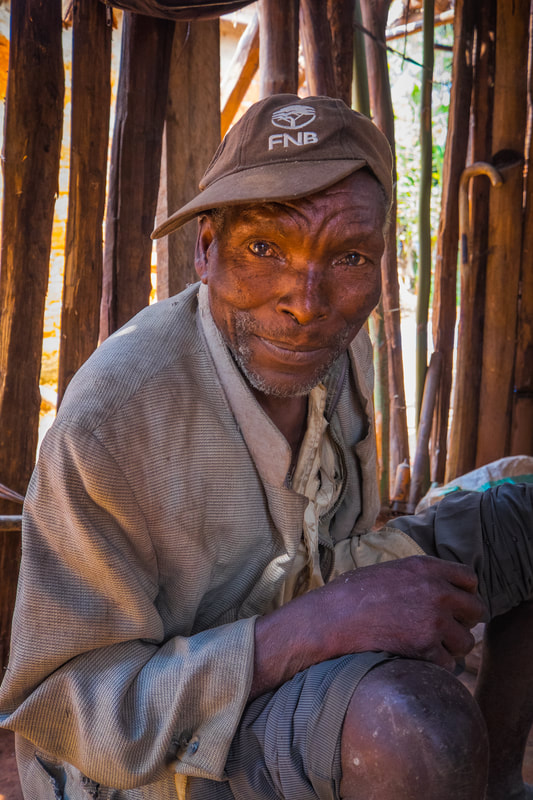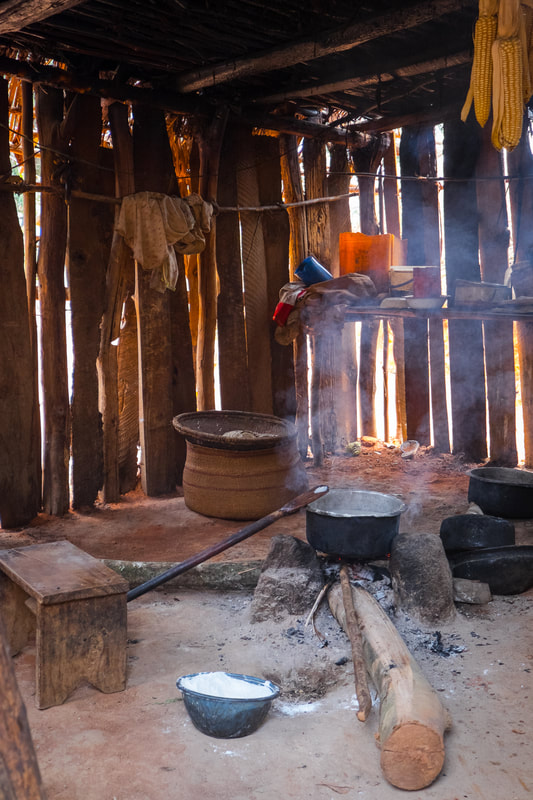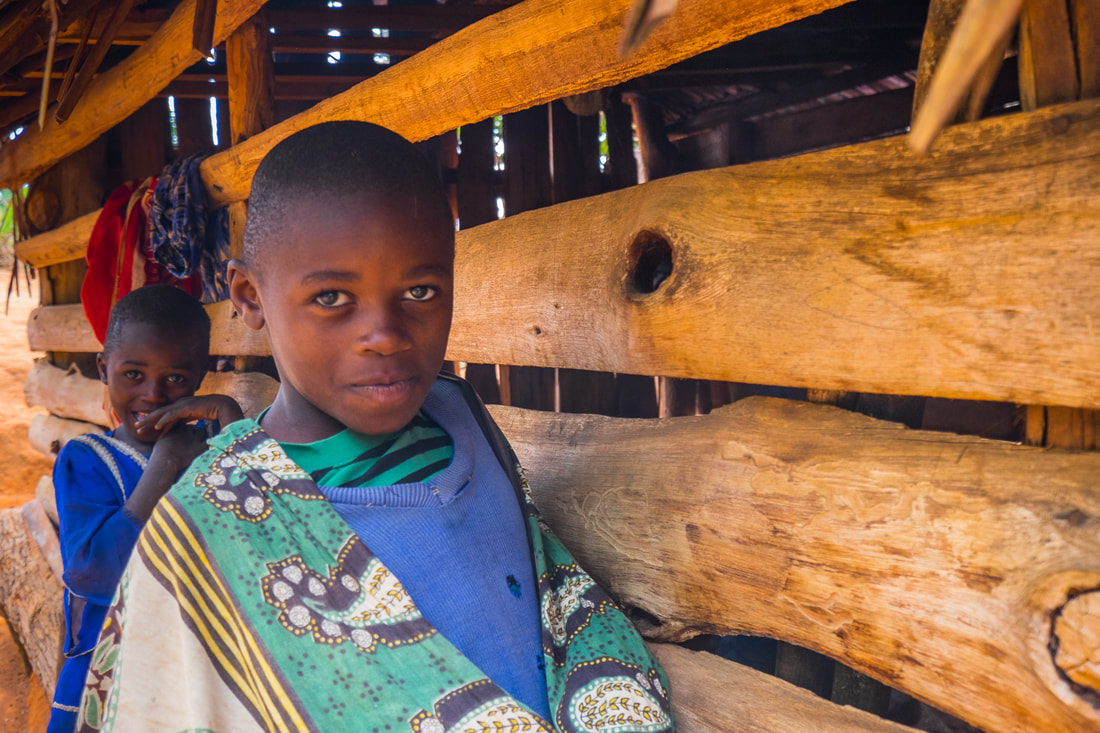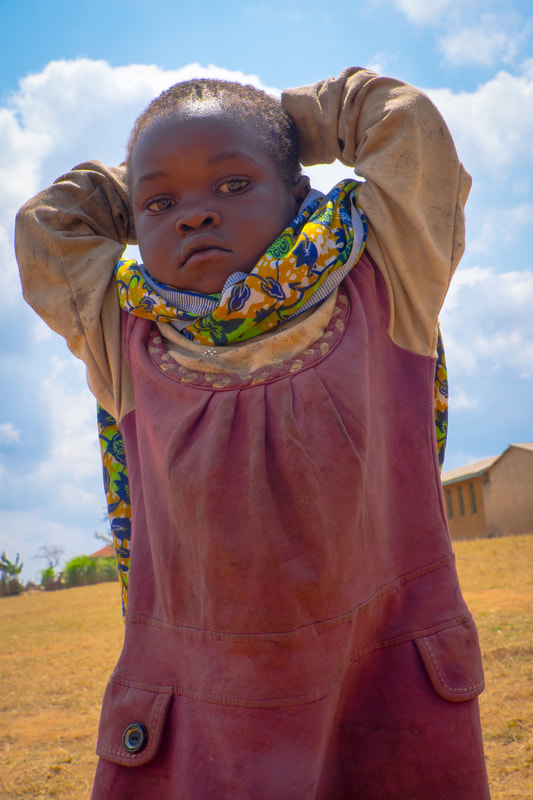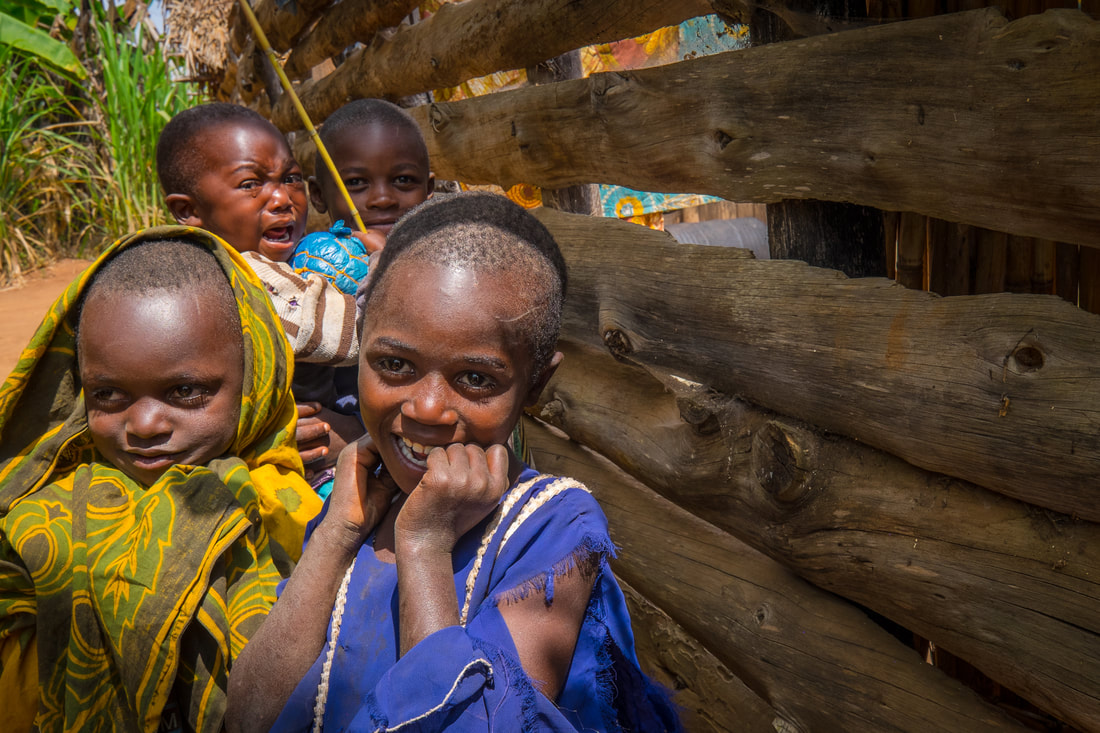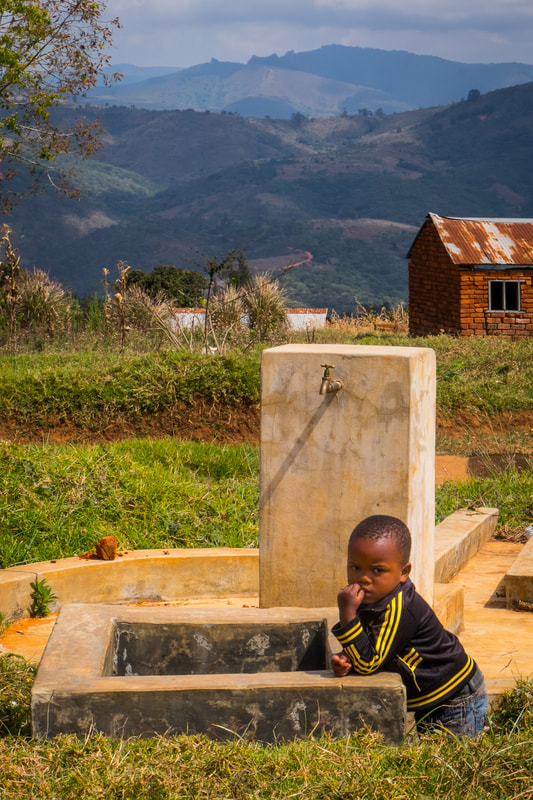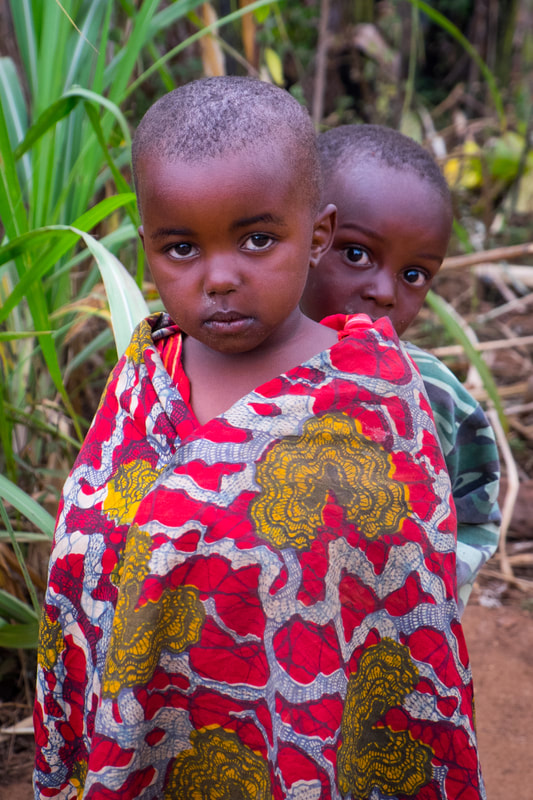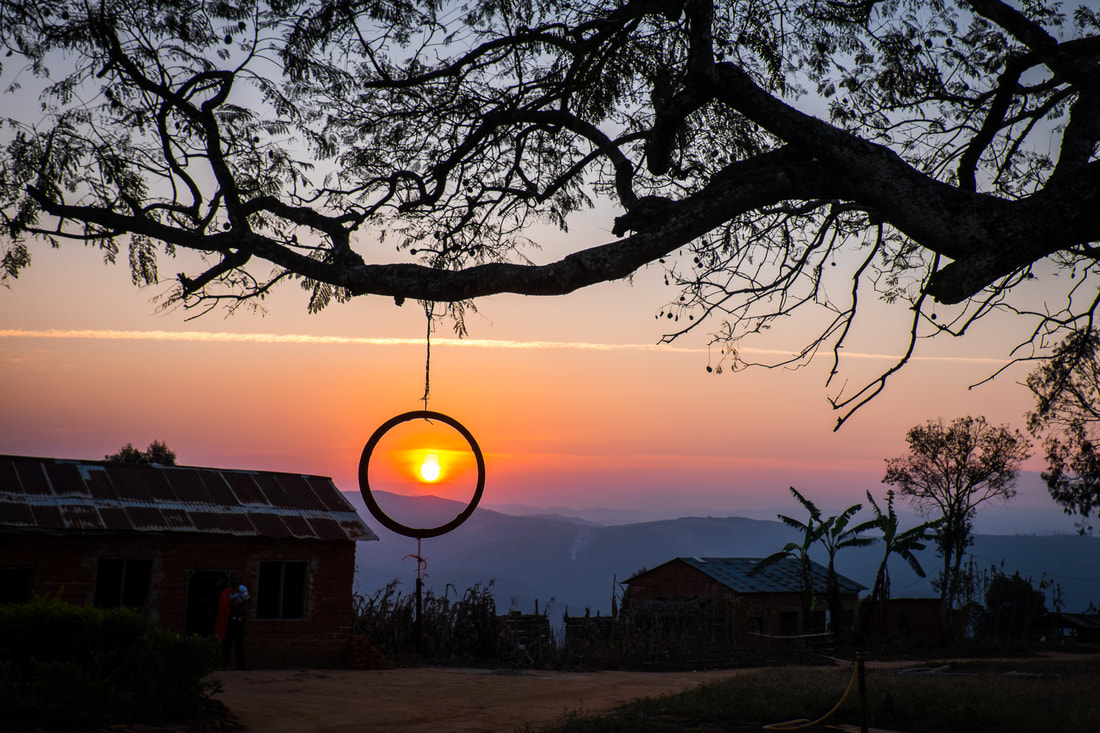|
As summer began to fade, I stepped out of my comfortable home in the Green Mountains of Vermont. I ventured way out of my comfort zone, and traveled to Tanzania. I was asked to take part in an ambitious project based in a remote corner of this African country. When confronted with a challenge I usually dive in head first, then hope for the best. An eighteen-hour plane ride out of Boston took me to Dar es Salaam, a sprawling metropolis. This rapidly developing capital is located on the east coast of Africa, on the Indian Ocean. There, I boarded a single-engine bush plane for a two hour flight to the inland city of Iringa. Not quite there yet, my final leg was a two-hour Jeep ride, on a barely navigable dirt track, up a hill, to the literal end of the road. I arrived in the village of Ipalamwa, an almost forgotten part of the world, where people struggle to scratch out a modest existence. The Iringa region of central Africa does not represent the Africa most Americans normally think of. This is not the vast oatmeal colored savannah with lions and tigers. This is the the lush highland, hypotonic in nature. Day-to-day life in Ipalamwa is hard. Many conveniences Americans take for granted; and when there is a momentary disruption, panic; do not exist here. Purified water is scarce. Ground water is available only at central collecting stations in each hamlet. The risk of contamination is real. For women, their day begins by walking to a central water spigot to fill large plastic jugs for their family’s needs. Lack of sanitation and inadequate nutrition are the pressing concerns in this region. The health of mothers-to-be is especially critical. They carry the future of this community. Insufficient prenatal nutrition causes stunted growth to 40% the region’s children under five years of age. This affects not only the size of the children, but also their cognitive ability. For one week, this past September, I joined Global Volunteers, https://globalvolunteers.org, to document, through photography, the pervasive problems of this area. Global Volunteers has a wide-ranging project planned for Ipalamwa. Volunteers are the essential component of this project. I was part of Global’s second team that arrived in Ipalamwa. Fourteen hardy volunteers from across the US, including one from England, took part in this noble cause. Four goals were established. The first goal was to install primitive, yet highly effective, hand washing stations. These hand washing stations signified the first time locals were able to wash their hands with both soap and water. Proper hand washing is imperative to curtail the spread of disease. The second goal, the centerpiece program of Global’s work in Ipalamwa is called, Reaching Children's Potential (RCP). Working in partnership with local leaders, young Tanzanian girls are trained in healthcare. Home visits are scheduled in which RCP representatives, accompanied by volunteers, address the health concerns of mothers and their children. RCP lends support to the most critical first 1000 days of the child's life. Additional support is offered in the form of instructional workshops. The third goal is to build garden box containers. A Global staff member, Makarios, designed, manufactures and assembles these boxes, on site. Once distributed, mothers grow nutrient-rich vegetables, in these convenient boxes. The added nutrition from these vegetables supplements her family’s meager diet, typically one that contains only flour and water. The fourth goal is to conduct an English language camp for the community’s children. Pre-schoolers through 6th grade are the target audience. All these projects are staffed by eager volunteers. After two days of orientation, the volunteer tasks are assigned and work commences. My assignment was to photograph the work that Global is heroically doing while capturing the human experience of both volunteers and residents. Nine am: Monday morning, Global’s home base is bustling. Children gather in the ball field for English camp. Mothers converge in a meeting room in Global’s newly built, well constructed central hub. This building also houses the volunteers. There are ten double rooms, designed with private baths, for the volunteer’s comfort. In the building’s front courtyard, we assemble our first hand washing station, and the RCP reps, along with volunteers set off on their first home visits. As a photographer I spend my time observing the world. I try make photographs that best convey, not only what I see, but more importantly, what my emotions were when I clicked the shutter. I try to make compelling photographs, tugging at the heartstrings of the viewer. To chronicle my adventure in Ipalamwa in one sitting is nearly impossible. The magnitude of my experience will take days, if not weeks, to settle. I know the Abby that left Vermont at the end of August is a different Abby then the one that has returned home. My heart has been cracked open by the sweet smiles and penetrating eyes of the people of Ipalamwa. I seem to have more questions now than answers. The questions that surfaced were those that asked, Why? Why isn't purified water a given for the villagers? Why aren't proper sanitation practices preformed in all households? Questions are good, they can be the beginning of change. My time spent in Tanzania was emotional, eye-opening and unforgettable. I now have a unique perspective on life in Tanzania. The adventure has enriched me. Another question that keeps replaying in my mind is, “What does it mean to be human?” It is probably easier to define what it means to be inhuman. To see someone struggle and not offer help feels inhuman. Yes, Global Volunteers do offer help, and do provide assistance where needed. However, beyond the programmed support, volunteers have many opportunities to connect with these gentle, soft-spoken people. We shared a sympathetic ear, a tender touch, and a warm smile. We were compassionate. We were human. I chose to dive in head first to this adventure. I wanted to help where I could, and make a difference. I did. Live in color,
Abby
0 Comments
Your comment will be posted after it is approved.
Leave a Reply. |
MUSINGSAn image alone sometimes feels insufficient, that’s where Musings come in. A space where words and images come together to tell the story. MAILING LISTI promise not to sell, rent, or share your email address with anyone. Ever.
ARCHIVES
July 2024
|
